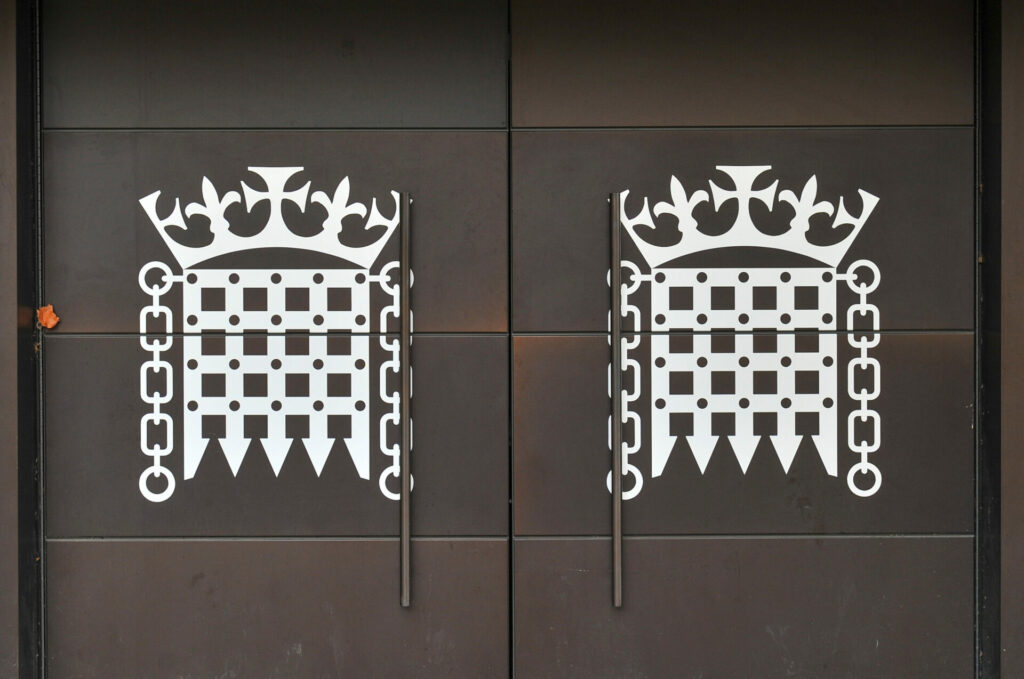New research from Howden Employee Benefits & Wellbeing and the Reward & Employee Benefits Association (REBA) has highlighted cost as a pivotal factor in shaping employee benefits and wellbeing strategies among UK businesses.
Despite concerns over rising costs, the ‘Benefits Design Research 2024’ report shows that a substantial 70% of employers intend to maintain their current benefits offerings.
The study, which gathered insights from REBA members and subscribers representing 1.5 million employees, identified rising costs as a major concern for half of the employers surveyed. However, a resilient 31% of employers are prepared to absorb these increases and further invest in their benefits packages.
Matthew Gregson, executive director at Howden, noted the strategic importance of benefits: “Despite increasing costs, employers continue to invest in employee benefits, reinforcing their value both to the business and employees. Employers recognise prioritising benefits supports business and HR goals such as improving diversity, equity, and inclusion, attracting talent and retaining employees with key skills.”
The research also forecasts significant investments in specific areas, with 38% of employers planning to focus resources on financial wellbeing in 2024/25—a 217% increase from 2023.
Similarly, pension spending is expected to see a 233% rise, with 30% of employers aiming to enhance their pension schemes.
Challenges remain, notably in gaining budget approval for new initiatives. Over 80% of employers cited this as a barrier, emphasizing the need for clear demonstration of ROI and benefits value.
Gregson emphasised the growing necessity of effective benefit management and communication: “Companies must prioritise measuring the impact of benefits to demonstrate value and secure budget.
“Strategic priorities will involve ensuring pensions are better funded and performing well, financial wellbeing support is provided for employees and that healthcare and protection benefits are universally available and more effective.”

















